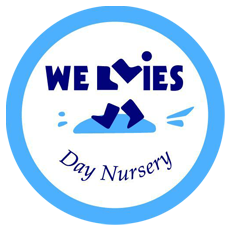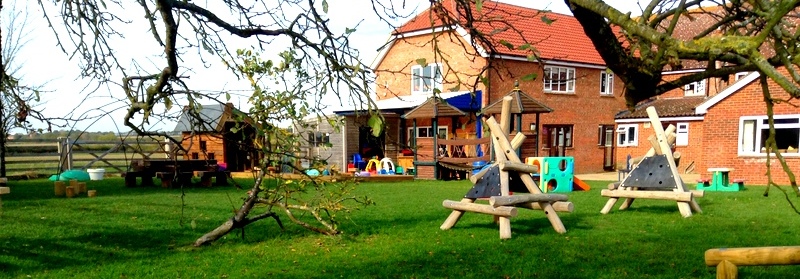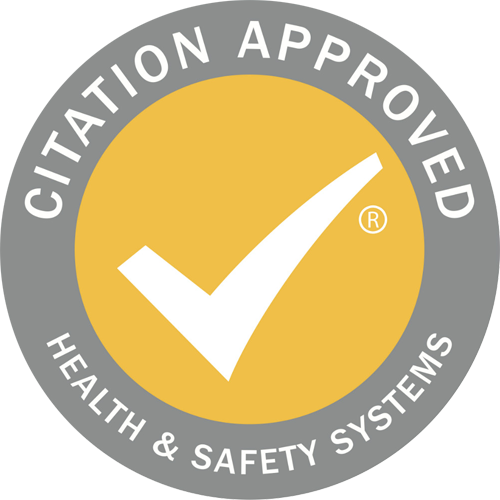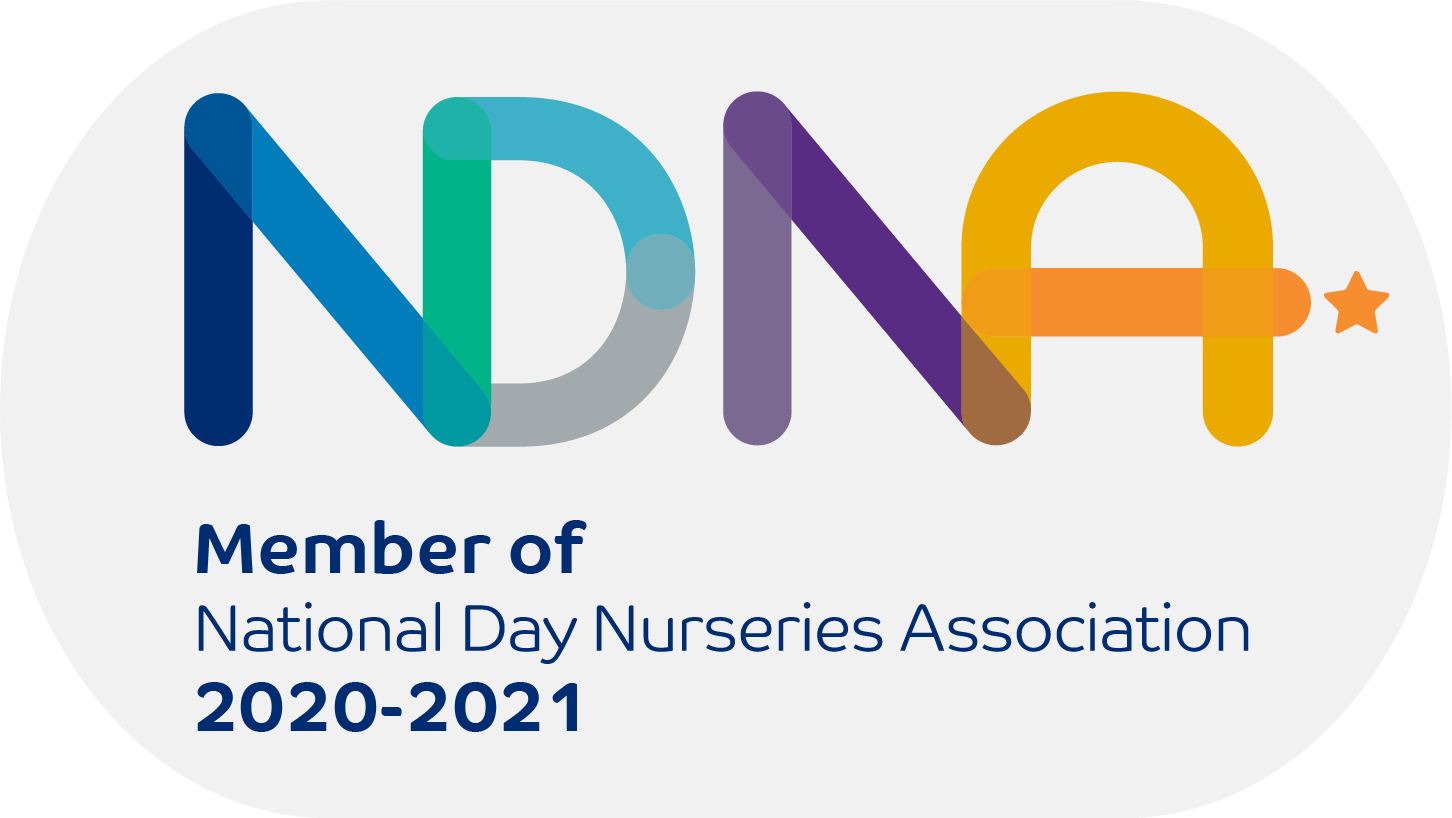Learning Through Water
Posted on 16th January 2019 at 17:49
Children learn in lots of different ways and one fun way in which they can learn about different concepts and gain new skills is through water play.

Children often spend countless hours playing with water: pouring it, watching it spill over the edge of a container, directing it, blocking its stream, splashing gently, making waves, and pouring some more. When a water table is not available, they can often be found “washing their hands” in the bathroom for long periods of time, sometimes it is hard for us adults to encourage them to leave the sink!
Children have a natural ability to learn and they do so through watching, listening, asking questions, trying new things and then practising what they’ve learnt. One very cheap and easy way for you to teach your child early learning skills is through playing with water.
With any age child, safety is important when you’re dealing with water, so always supervise your child and ensure they are safe.
Tools for Water Exploration:
1. Measuring cups
2. Containers of different shapes and sizes
3. Funnels
4. Spoons and ladles
5. Straws
6. Sifters
7. Colanders
8. Jugs
9. Sponges
10. Water wheels


Activities:
1.Filling Containers
Children enjoy filling one container with measuring cups, feeling how heavy or light the containers are and using different tools e.g. scooping water with a ladle or a jug and transferring it to the other container. You can introduce a funnel and a colander too!
Children benefit from the relaxing and repetitive nature of scooping, pouring and running their hands through the water. Much like grown-ups enjoying relaxing in a warm bath, children can lose themselves in the physical repetition of gentle water play.
2.Painting with Water
On lovely warm days, children can take a big bowl of water outside with all different kinds of paint brushes and ‘paint’ the pavement! Children can practice painting their names, drawing pictures and with the warmth of the sun, the pictures will magically disappear!
Water play gives many opportunities for children to develop crucial social skills when they are working with just one other child or a whole group. It is a great way for children to learn to share and take turns as they share a physical space and tools.
3.Being in Water
Getting your child used to being in water is very important and there are always plenty of opportunities to do this whether it’s at your local pool, splash park or putting a small paddling pool in the garden. (It’s important to supervise all young children playing in water)
Even on rainy days, children love splashing through puddles on outdoor walks and seeing how objects float in puddles or streams. 'Pooh Sticks' can be played by throwing sticks into a stream and seeing how far they float too!
4. Floating and Sinking
Floating and sinking is a fun concept for children to explore. Setting up a Floating and Sinking Tray will invite them to play, experiment and explore how and why different objects float and sink when placed into water. This can be done in the sink or bath at home too!
Talk about why some objects sank and others didn’t, why there were bubbles when some objects sank. Children will love looking around the house for more objects to test if they will float and sink.
Water Play gives many opportunities to develop fine and gross motor skills and children will increase their fine motor skills and hand-eye coordination through actions like pouring, squirting, scrubbing, stirring and squeezing.
Here at Wellies, we love water play and encourage you to do it at home too!
Tagged as: Child Development, childcare buckinghamshire, Childcare Newport Pagnell, Learning Through Water, Quality childcare Olney
Share this post:







